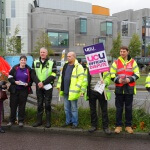
Syria Crisis: 6 years on
Speaking to students on campus and doing my own research shows me just how complex the situation in Syria is. Described by one interviewee as ‘proxy war on top of proxy war on top of proxy war’, the numerous parties involved in exacerbating or creating conflict is staggering. Oversimplified media representations of the conflict insist on the virtues of one side and the evil of another therefore confusing matters even further. One piece of clarity that this confusion affirms, however, is that innocent people suffer the consequences of governments and organisations who seek to further their own interests.
Recent developments in Syria reaffirm the seriousness of the crisis. The most up to date reports have shifted the focus on the humanitarian situation to the sensationalised coverage of the capture of two members of IS, the ‘Beatles’. Prior to this shift, however, many mainstream news agencies were focused on two developments, namely the recent bombing campaign in the Idlib province in the north-west of Syria, and in East Ghouta as well as the Turkish military operation in Afrin.
Turkish designation of the Kurdistan Workers Party (PKK), which seeks to establish a Kurdish state independent of Turkish rule, as terrorists has fuelled its campaign against them. This campaign has involved, among other action, arrest of elected officials, torture and the killing of civilians – just within Turkey. Their recent encroachment, ironically named ‘Operation Olive Branch’, into the parts of Syria with a significant Kurdish population – so far – consisted of the same atrocities. For example, Robert Fisk of the Independent discovered on a visit to Afrin hospital that – despite the Turkish government insisting on hitting YPG (a Syrian offshoot of the PKK) – many victims have been refugees, children and civilians. He recounts the haunting fact that one airstrike left a child refugee orphaned and another killed a family of eight in front of a single survivor. Whatever the intentions of either side or the situation on the ground, it is the innocent who are bearing the brunt.
The Syrian government’s attack on so-called ‘de-escalation zones’, in particular, the Idlib region, has resulted equally devastating consequences. Aron Lund from IRIN news, a news organisation set up by the UN to follow humanitarian crises, has described the area as a ‘refuge for pro-opposition forces’ and other displaced persons within Syria. Therefore, people made refugee at least once have been made refugees over again. He cites UN organisations, like OCHA (the emergency aid body) and other humanitarian organisations, as all confirming that children are disproportionately affected and non-military targets have been destroyed such as hospitals and schools.
It would not be a stretch to state that such levels of devastation are hard to comprehend for the majority of students. When the international media does report on what is happening inside of Syria, the tone and content give the impression of a failed state, completely devastated by bombing and civil war and, now, devoid of any civil society. In that context, it is understandable why people conclude that the situation is hopeless and there is nothing that they can do to help. This is certainly the feeling of the majority of students I spoke to on campus, with varying descriptions of a similar vein like ‘disaster’, ‘catastrophe’. Unwavering images of ‘rubble’, ‘decimation’ and ‘crying children’ characterise their images of Syria.
However, to give into a completely despairing and dystopian vision of the situation in Syria would be to ignore the number of organisations and individuals trying to help those affected. These do not feature so much in the media as is demonstrated by Fisk’s article. Firefly International is one such organisation, running an education project in order to enable ‘children whose lives have been turned upside down and their psychological well-being impaired by their experiences of the Syrian civil war to learn how to play again… The purpose is to improve the rate of learning, social interaction and overall well-being of refugee children.’ Interviewing Maria Chambers, volunteer co-ordinator of Firefly gave an insight into this work. She describes how some volunteers have ‘developed an amazing science program … Its learning through making things and working three-dimensionally as we are dealing with a lot of intelligent but quite illiterate children. They want to empower them to help to rebuild Syria so its very much applied science, learning about building, learning about electricity, basically equipping these children for their employability in the future in a very practical way.’
For Maria, one of the most striking things about the conflict has been “the painful stories that I have heard and the people I have met”, all of whom possess ‘an incredible level of resilience’. Her admiration for her staff is palpable as she describes how – despite not being paid very much – ‘they are making donations to people who are less well-off than themselves. That generosity is not what you get in the media. You don’t get any of that sense of really deep caring and deep concern.’ What is missing from media representation, from her perspective, is ‘this amazing sense of humanity, in spite of everything’. As such, what the media provides is a ‘very distorted view of reality’ which can manifest the levels of hopelessness and confusion present in people outside of the situation in Syria.
I was also able to speak to a worker for a development, education and relief organisation that is working throughout in Syria. He has asked that his name not be included for security reasons. His experience in Syria made him realise that ‘education is as important as food. Donors prioritise food and non-food items when they respond to an emergency situation but I found out that children should be prioritised as well.’ Working on the ground makes him ‘feel that I am a genuine human being when I contribute to helping the vulnerable people and the children who are deprived of Education. I feel proud and I feel my spirit embraces the sky when I save children from ignorance and child-labour, early marriage through the education projects that I run’.
The continued and immensely positive impact of education, while not completely ignored, is certainly not something that comes to mind when contemplating Syria. It is a country we have come to associate with violence and tragedy. This, perhaps, reflects what Joseph Ohayon, director of the award-winning film Crossroads, described as the ‘sociological snowball effect’. This effect refers to the way in which ‘headlines become more sensationalist, more gory, more violent and more extreme. We, on the other hand, are becoming more numb and indifferent. This in turn drives the produces to be more extreme.’ In other words, the price of the drive for higher ratings and more papers sold is our emotional connection to the information we hear. Hearing stories from those who are involved in these projects, however, emphasises that this is not the entire picture. And if it is not the entire picture, then we have permission to be hopeful for Syria. In the face of an onslaught of media representation of negative developments in the world, this hope is an increasingly important thing to hold onto.
Hope for the future of Syrian civil society also requires another realisation which, only through interviewing people closer to the country, have I been able to have. Speaking to one student from Damascus, I was surprised by his insistence that Syrians do not require people to act on their behalf. He spoke of a national resilience, hardworking nature and fierce independence which would allow Syrians to rebuild their country in over a decade. While he admitted that this was part of an optimism that he wouldn’t be caught without, I think it affirms how easy it can be to see victims of horror as helpless, particularly when there is a lack of contact with these people. Whilst it would be foolhardy to think that people don’t need material assistance in the form of donation, education or other forms of support, the rest of the world cannot be the ‘rescuers’ of the ‘victims’ of Syria. Instead, seeing victims of this crisis as capable human beings who are being denied the tools to be able to look after themselves – such as the children whose school has been bombed – is vital. As beneficiaries of relatively thriving civil society and educational institutions, we can assist with providing these tools. Ultimately, however, it will be Syrians who rebuild Syria.
The obstacles to this rebuilding process which are created by conflict is something that people can help with in numerous ways. The contradictions in Russia Today’s claims that Russian bombs only hit their targets while Western bombs hit civilians and American and British media’s claim that the opposite is true can only demonstrate that foreign military involvement is to be resisted. This can be done by lobbying governments. Canterbury’s recent election of Rosie Duffield, MP to an anti-war Labour government, presents an opportunity. Other things people can do are form or join solidarity campaigns, donating (after researching where funds go), raising funds, or getting involved with organisations already working in the area. In Canterbury, for instance, KRAN (Kent Refugee Action Network) has a mentoring scheme for resettled refugees in the UK as well as an education program. Furthermore, the Kent-based A Village in Syria was ‘dedicated to supporting one particular village in North East Syria. We have assisted with food production, health, education and creating work opportunities. Part of our aim has been to build a small-scale model of sustainability and keep rural communities in the public eye.’ The organisation now raises money for Firefly International. In fact, it was Rosemary Berry, of A Village in Syria, who put me in contact with the NGO volunteers I interviewed. In essence, there are many different opportunities to assist. Maria’s point that ‘I think if you can change and make a difference to one person, one child’s life then, in that way, you’re contributing to helping the future’ is, I think, very important.
In essence, an important first step in order to work out how best to help is to be educated, rather than relying entirely on media representations which focus on specific aspects of or distort an incredibly complex situation. As Maria pointed out ‘You have to have your eyes open and you need to be curious, don’t you? And if you’re curious then you question and you’ll find out a bit more and then you might actually think there is something you can do to help.’ In the results-oriented education system that many have experienced, curiosity can sometimes be lost. In order to work out whether one can or should help has to – then – stem from education. An understanding of the situation in Syria is as important as the tools education gives to students. By finding out what we love and are good at can we discover the best way to help.
In the din of negative, sensationalist press – not just on Syria – it is easy to let global tragedies seem farther away than they actually are. Media representations that emphasise tragedy and repeatedly use the images of devastation can numb us to the possibility that there is hope. Educating oneself about what’s happening there, speaking to people who have lived in this situation to undo those distortions might be exactly what is needed to unlock the humanitarian values within all of us. Only once that has happened can we hope to be of use to anyone suffering – whether that be in Syria, Myanmar, Yemen or even in the, austerity-ravaged, UK.






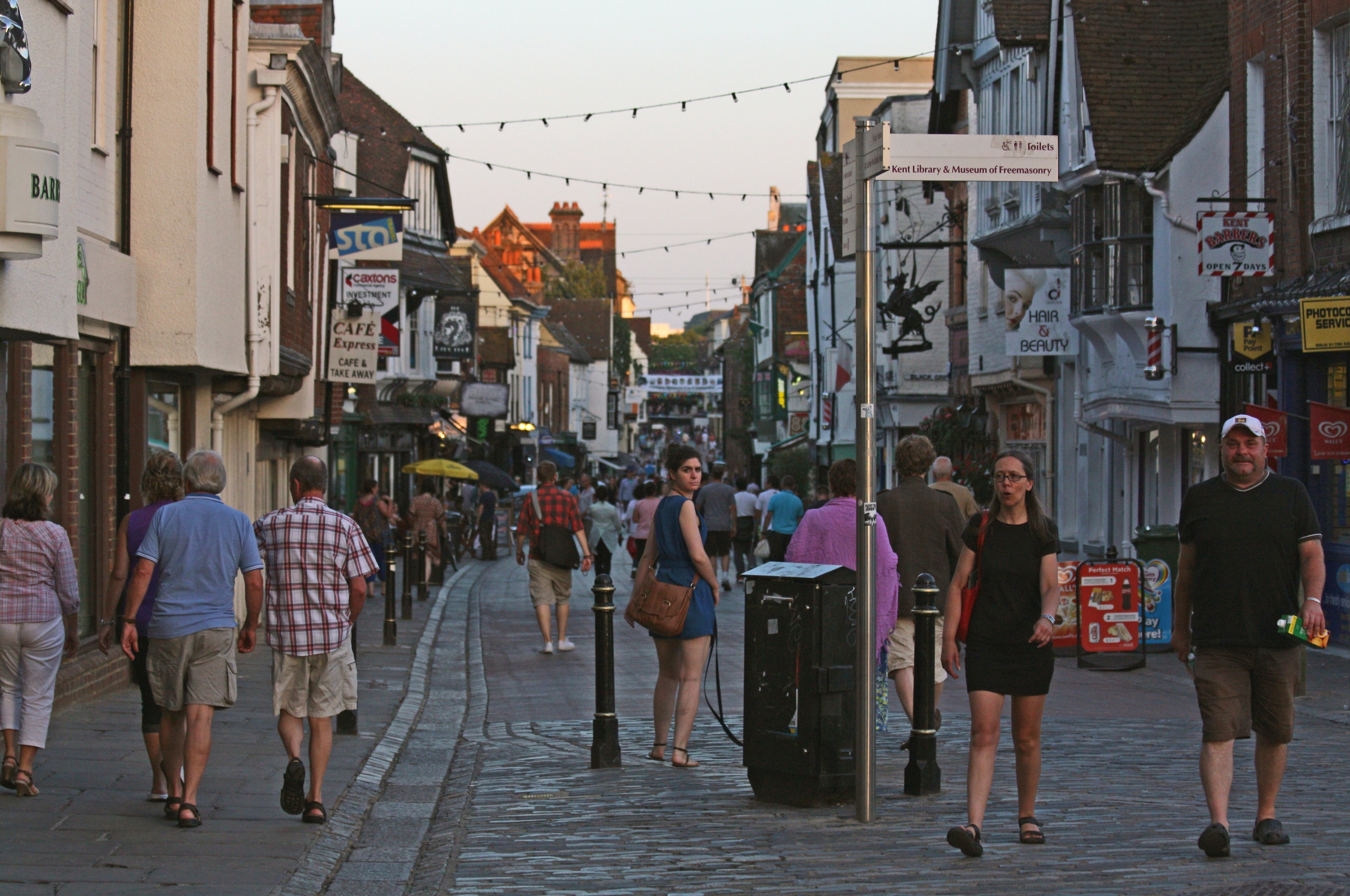

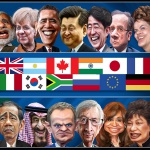

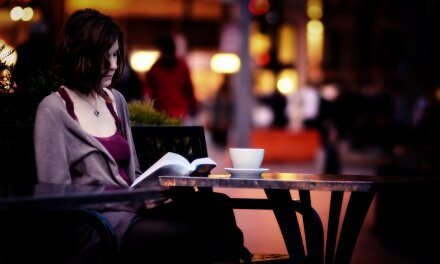






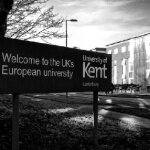

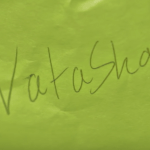




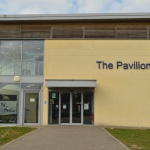
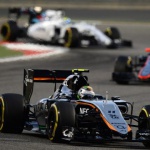


Discussions